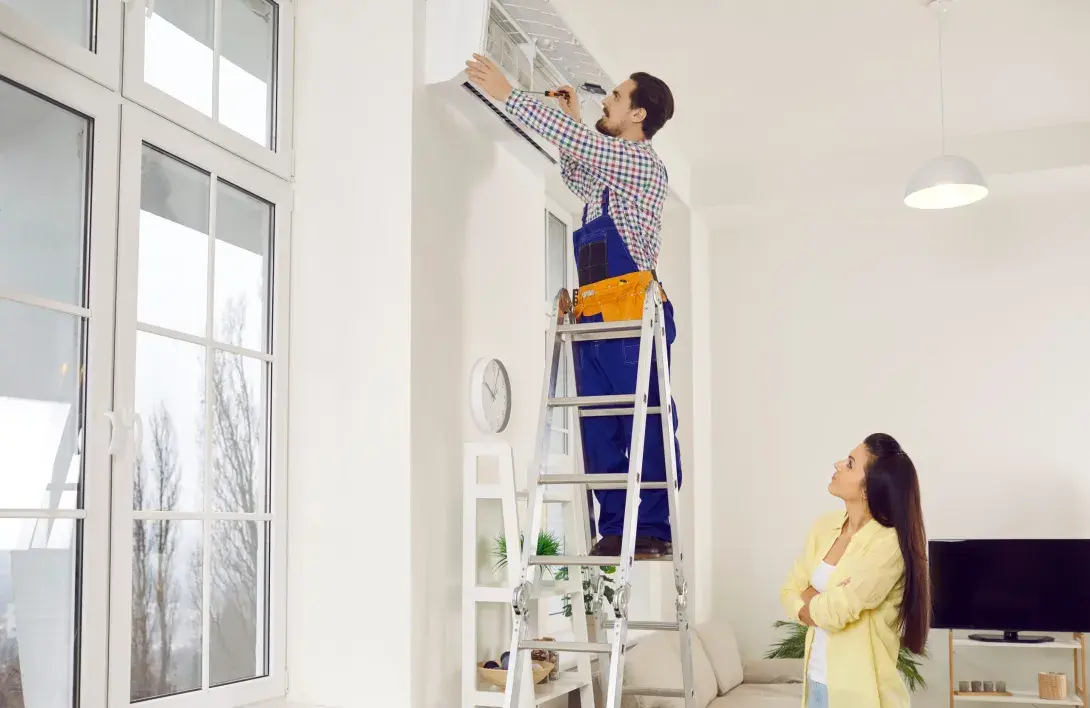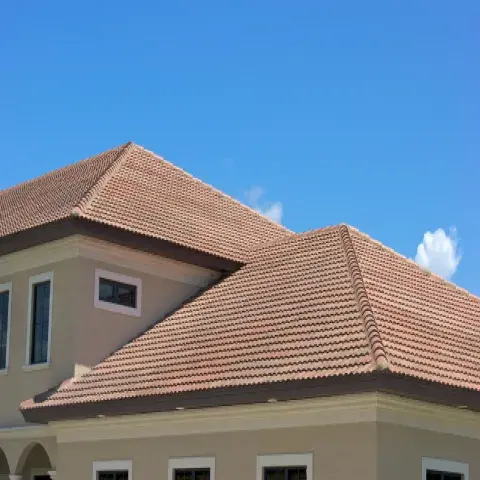Your heating, ventilation, and air conditioning (HVAC) system is one of the most important appliances in your home. It keeps you cool in the summer and warm in the winter, and it can also help to improve your home’s energy efficiency.
Different Areas for HVAC Systems: Utility Rooms, Closets, Attics, and Basements
HVAC systems can be found in different areas of a home, each with its unique advantages and challenges. These areas include utility rooms, closets, basements, and even attics. The prevalence of HVAC systems in attics can vary depending on the region. For instance, in the United States, approximately 30% of homes have their HVAC systems installed in the attic. This percentage tends to be higher in regions like the South, where attics are commonly repurposed for storage.
Why Some Opt for Attic-Based HVAC Systems
There are a few reasons why some people prefer to have their HVAC systems in their attics. These include:
- Space savings: Attics are often unused space, so installing an HVAC system there can free up valuable floor space in the home. This is especially beneficial in homes with limited space, such as those in urban areas.
- Noise reduction: Attics are often quieter than living areas, so HVAC noise is less disruptive.
However, there are also some potential drawbacks to having your HVAC system in your attic. These include:
- Reduced efficiency: Attic temperatures can vary widely, especially in extreme climates. This can cause the HVAC system to work harder, leading to higher energy bills and potential damage. Attics are also more prone to leaks.
- Maintenance challenges: Attic HVAC installations can make maintenance and repairs more difficult. Technicians may need to navigate tight spaces, risking damage to insulation or other materials. Dust, debris, and humidity in attics can also lead to system breakdowns.
Detecting Attic HVAC System Leaks: Key Warning Signs to Watch For
The timely detection of HVAC system leaks is essential to prevent further damage and ensure the system’s optimal performance. There are a few signs that may indicate a leak in your attic HVAC system. These include:
- Water stains on the ceiling or walls below the attic
- A musty or moldy smell
- Ice buildup on the unit
- A decrease in the efficiency of your HVAC system
What to Do If You Have a Leak
If you think you have a leak in your attic HVAC system, it is important to act quickly. Leaks can cause damage to your home’s structure, and they can also lead to the growth of mold and mildew.
Here’s what you should do if you have a leak:
- Clean up any water that has leaked.
- Consultant a qualified HVAC technician to diagnose the problem and make the necessary repairs.
What Not to Do
There are a few things you should not do if you have a leak in your attic HVAC system. These include:
- Do not try to fix the leak yourself if you are not qualified to do so.
- Do not run the unit with the leak. This could spread the damage and make it more difficult to repair.
- Do not ignore the leak. Even a small leak can cause significant damage over time.
Steps to Keep Your HVAC Running Efficiently
- Change your air filters regularly. One of the simplest yet most effective ways to maintain HVAC efficiency is to change your air filters regularly. Clogged or dirty filters restrict airflow, making your system work harder and less efficiently. A clean filter ensures proper airflow, improves indoor air quality, and reduces strain on the system. Check your filters monthly and replace them every 1-3 months, depending on your specific HVAC system and usage.
- Schedule annual professional maintenance. Annual maintenance by a qualified HVAC technician is vital for your system’s efficiency and longevity. During a maintenance visit, a technician will inspect, clean, and lubricate various components, ensuring they function optimally. They can also identify and address potential issues before they become major problems, saving you money in the long run.
- Keep vents and registers clear. To maximize airflow and maintain even temperature distribution, ensure that vents and registers are not obstructed by furniture, curtains, or other objects. Blocked vents force your HVAC system to work harder, reducing its efficiency.
- Seal leaks in ductwork. Leaky ducts can lead to significant energy loss and reduced HVAC efficiency. Over time, ductwork can develop cracks or gaps, allowing conditioned air to escape into unconditioned spaces like your attic or crawlspace. Sealing these leaks with duct tape or mastic can improve efficiency and prevent wasted energy.
- Ensure proper insulation. Proper insulation in your home helps maintain a stable indoor temperature, reducing the workload on your HVAC system. Check your home’s insulation, especially in the attic and walls, and consider upgrading if necessary. Well-insulated homes are more energy-efficient and comfortable year-round.
- Monitor refrigerant levels. Low refrigerant levels can strain your HVAC system and reduce efficiency. If you notice reduced cooling performance or hear hissing noises, contact a professional to check and replenish refrigerant levels.
Conclusion
It is important to be aware of the potential for leaks and other problems that can take place with your HVAC system, especially if not maintained. By taking steps to prevent leaks and by having your system serviced regularly, you can help to ensure that your HVAC system will last for many years to come.
Related article: From the Inside Out: The Ultimate Home Maintenance Checklist



